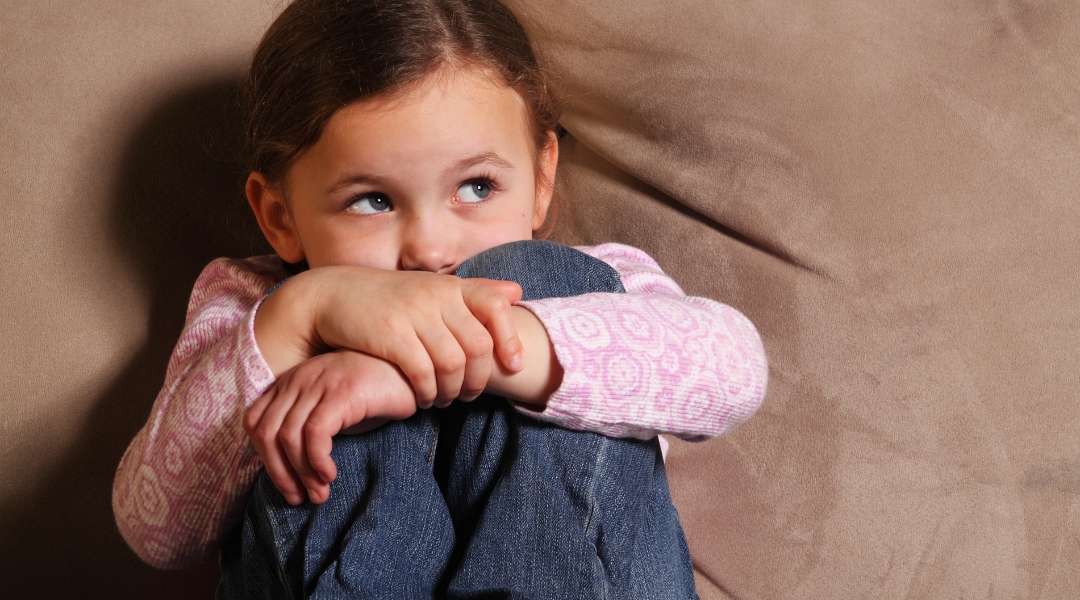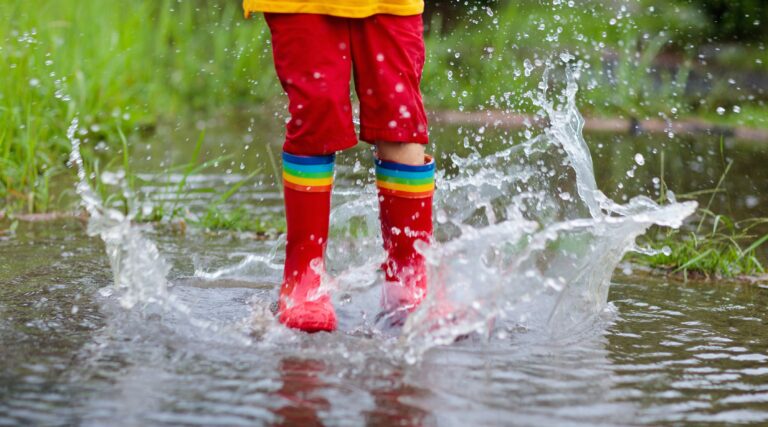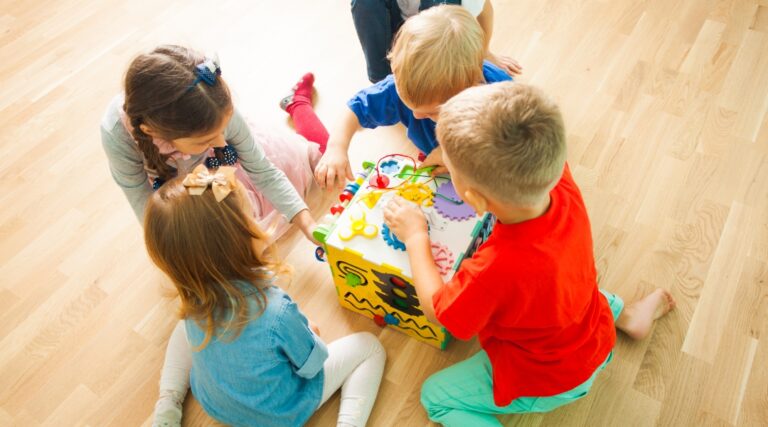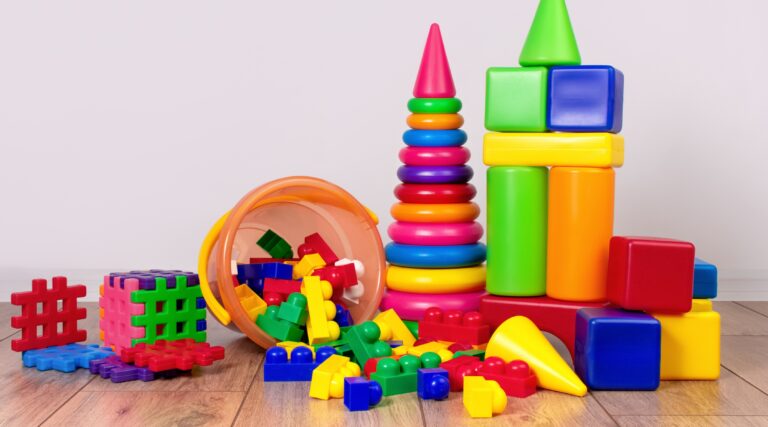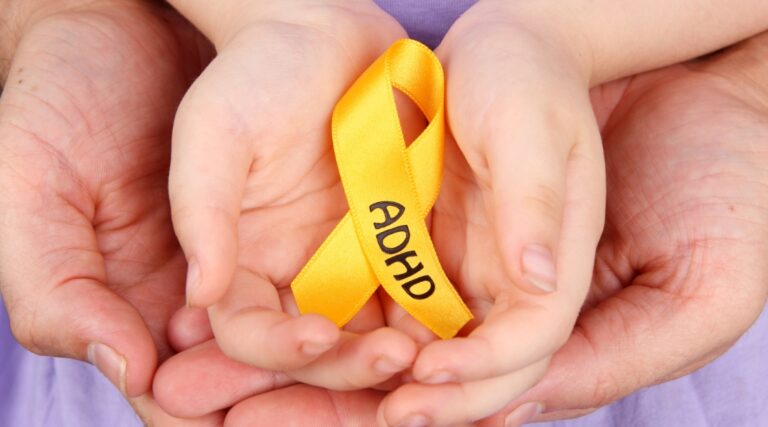Understanding and Responding to Children’s Feelings of Fear and Anxiety
Children, like adults, experience feelings of fear and anxiety from time to time. These emotions are a natural part of life and can be triggered by various factors, such as new experiences, changes in routine, or stressful situations. As caregivers at Whiz Kidz Delahey, we understand how important it is to respond to children’s feelings of fear and anxiety in a supportive and compassionate manner. Here’s how the team at Delahey Whiz Kidz do it:
Recognise the Signs
Children may express fear and anxiety in different ways, such as through clinginess, withdrawal, restlessness, or physical symptoms like stomach aches or headaches. Pay attention to these signs and validate their feelings.
Create a Safe Environment
Provide a safe and nurturing environment where children feel comfortable expressing their emotions. Encourage open communication and let them know that it’s okay to feel scared or anxious sometimes.
Listen and Validate
Listen to children’s concerns without judgment and validate their feelings. Let them know that their feelings are normal and that you are there to support them.
Provide Reassurance
Offer reassurance and comfort to children when they are feeling fearful or anxious. Let them know that you are there to keep them safe and that their feelings are temporary.
Teach Coping Strategies
Teach children healthy coping strategies to manage their fear and anxiety, such as deep breathing, positive self-talk, or engaging in calming activities like drawing or listening to music.
Maintain Routine
Children often feel more secure when they have a predictable routine. Try to maintain a consistent daily schedule to help children feel more stable and secure.
Encourage Expression Through Play
Play is a natural way for children to express their emotions. Encourage them to use play as a way to explore and process their feelings of fear and anxiety.
Model Calmness
Children look to adults for cues on how to respond to situations. Model calm and composed behaviour when faced with challenges to show children healthy ways to manage stress and anxiety.
Seek Professional Help if Needed
If a child’s fear or anxiety is persistent and significantly impacts their daily life, consider seeking help from a mental health professional who specialises in working with children.
Encourage Healthy Habits
A healthy diet, regular exercise, and enough sleep can all contribute to children’s emotional well-being. Encourage children to take care of their bodies to help manage feelings of fear and anxiety.
By understanding and responding to children’s feelings of fear and anxiety in a supportive and empathetic manner, the team at Whiz Kidz Delahey help them develop healthy coping mechanisms and build resilience to face life’s challenges.

